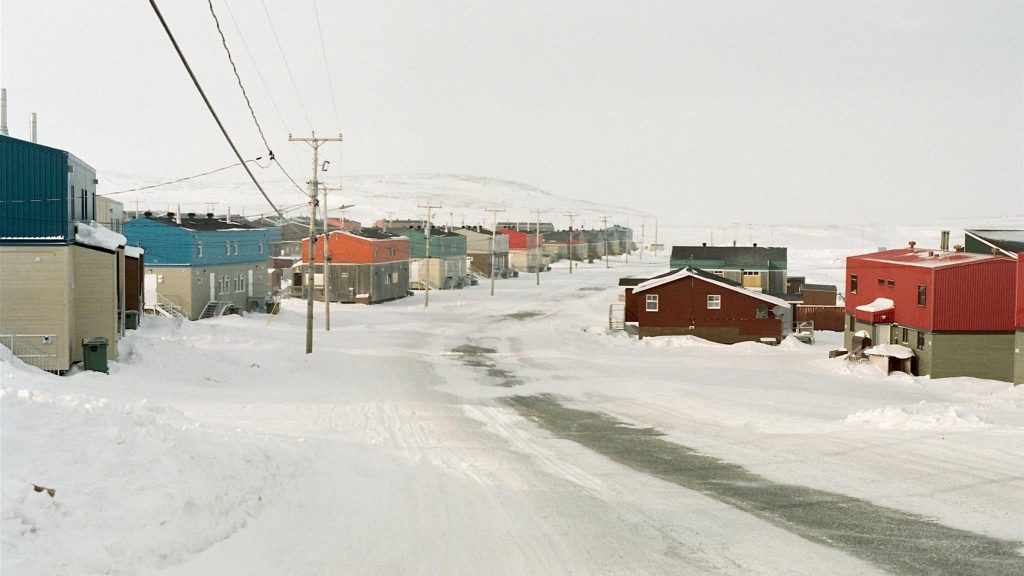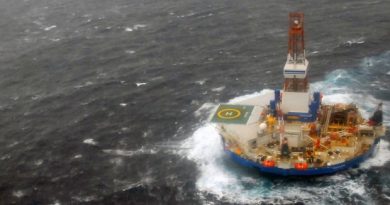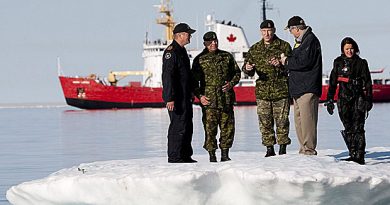Greenhouse project in Inuit region of Arctic Quebec advances with delivery of hydroponic container to Inukjuak

A greenhouse project in Nunavik, the Inuit region of Arctic Quebec, reached another milestone this month with the delivery of a hydroponic container to the community of Inukjuak.
The Pirursiivik Project is part of an initiative to make fresh produce more easily available in the community and promote a health and wellness.
The project is a partnership between the community, One Drop Foundation, a non-profit that focuses on water projects, Makivik Corporation, the Nunavik Inuit land claims organization, and the RBC Foundation, which focuses on the environment, youth development and supporting artists.
No one at Makivik Corporation was available for comment before deadline, but a joint news release by the bodies said the container arrival marks an important step in the project.
“With this new hydroponic container farm adapted for the Arctic, the community is now ready to take this next step towards increasing food security and access to fresh local produce grown by and for Inukjuammiut [people from Inukjuak],” the Thursday news release said.
“This innovative multifunctional infrastructure would be the first of its kind in the North and would set a precedent for future greenhouse initiatives in Nunavik and across the Arctic.”
Four-year project
Nunavik has a population of approximately 13,000 people, with 14 communities in the region. All the communities are fly-in only. The isolated locations mean that transport costs for food and goods is astronomical compared to prices in southern Canada.
The Pirursiivik Project (Pirursiivik means “a place to grow” in Inuktitut”) is a four-year initiative.
The goal is to create a year-round greenhouse and container that can provide food in the community and foster cooking and nutrition knowledge.
The hydroponic container will use water to grow produce instead of soil.
“It will soon be installed and begin producing leafy greens this winter with the target to share the first harvest with the community,” the project participants said.
“The fresh produce will be available to community members who, through social art activities, have learned fun new ways to use little-known vegetables such as kale and bok choy.”
Locally owned and operated
A group of volunteers from 15 local organizations has formed a Community Advisory Committee and meet monthly to help plan the project and organize activities around it.
The project team is now working to raise $6-million for the next phase of the initiative.
Write to Eilís Quinn at eilis.quinn(at)cbc.ca
Related stories from around the North:
Canada: Climate change driving food insecurity in First Nations communities while Canada stands by, report says, CBC News
Finland: Finland’s farming sector in crisis: report, Yle News
Sweden: 2018 drought took toll on Swedish farmers’ mental and fiscal health, research says, Radio Sweden
United States: New farm bill program aims to fight food insecurity in Alaska, Alaska Public Media



